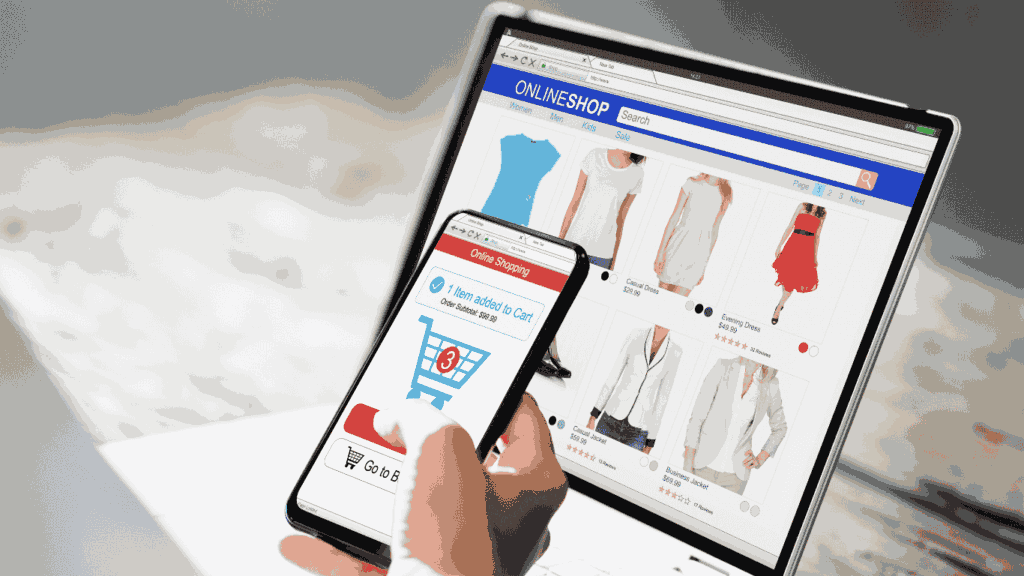e-Commerce has evolved from being just another sales channel to becoming the growth engine for modern businesses. With customer expectations rising and competition intensifying, the next frontier lies in how intelligently your store can personalize experiences, leverage AI, and integrate seamlessly across platforms.
For brands built on Shopify, this isn’t just an opportunity — it’s the roadmap for staying competitive now and beyond.

Why the Future Is About Intelligence, Not Just Presence
AI in e-Commerce: From Buzzword to Business Value
Artificial Intelligence is no longer a futuristic concept. In Shopify-driven e-Commerce, AI is already reshaping:
- Product Recommendations – Tools powered by machine learning suggest products based on browsing and buying history, increasing basket size.
- Dynamic Pricing – AI engines adjust pricing based on demand, competition, or customer segment.
- Chatbots and Virtual Assistants – Automated customer service that learns from interactions, reducing support costs while improving responsiveness.
- Fraud Detection – AI models identify unusual purchasing patterns to minimize risk in payments.
The difference is clear: while traditional platforms respond to customer behavior, AI-enabled platforms anticipate it.
Personalization: The New Customer Currency
Shoppers today expect experiences tailored to them, not mass-market messaging. Personalization in e-Commerce goes beyond “Hi, [Name]” in an email. It includes:
- Dynamic storefronts that show different products depending on who’s browsing.
- Content personalization such as localized promotions, language preferences, and buying patterns.
- Lifecycle marketing where email/SMS campaigns adapt automatically to customer stage — new visitor, repeat buyer, or loyal advocate.
Shopify’s ecosystem of apps such as Klaviyo paired with advanced customer data platforms (CDPs) makes this level of personalization accessible not just for large enterprises but even for small and mid-sized businesses.
Integrations: From Storefront to Ecosystem
Shopify’s real power lies in how it connects with the broader technology stack. Businesses no longer want siloed e-Commerce; they want a connected commerce ecosystem. Key integration areas include:
- ERP Systems (SAP, Oracle, NetSuite) – Ensuring inventory, orders, and financials stay in sync.
- Marketing Automation (HubSpot, Salesforce Marketing Cloud) – Aligning campaigns with actual purchase behavior.
- Analytics & BI (Google Analytics 4, Power BI, Tableau) – Turning store data into actionable insights.
- Payments & Shipping (Stripe, PayPal, ShipStation) – Reducing friction across checkout and logistics.
The Strategic Advantage for Businesses
Companies that embrace AI + personalization + integrations will not only improve conversion rates but also gain operational efficiency and customer loyalty. The ability to predict what a customer wants, deliver it seamlessly, and measure the outcomes across all systems is where the real ROI lies.
On the flip side, businesses that delay these investments may face higher acquisition costs, stagnant conversion rates, and lower customer lifetime value.
Final Thoughts
At Process Paramarsh, we help businesses unlock this future — whether through Shopify Plus implementations, AI-driven personalization engines, or enterprise-grade integrations with ERP and CRM systems.


